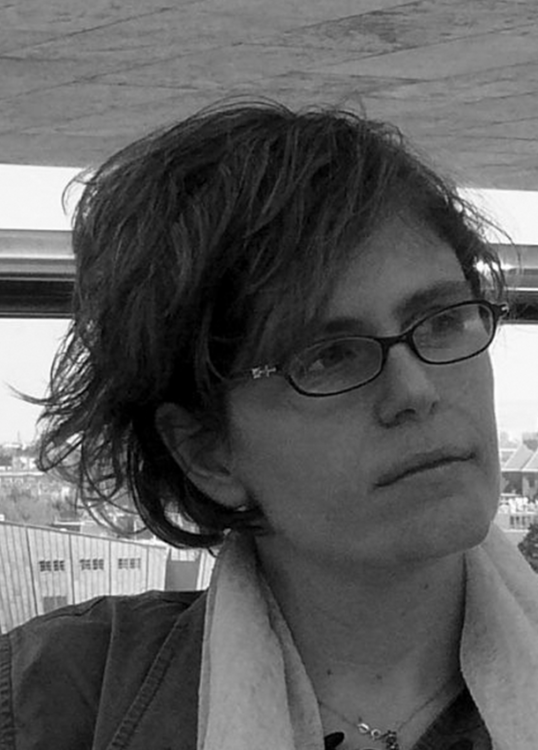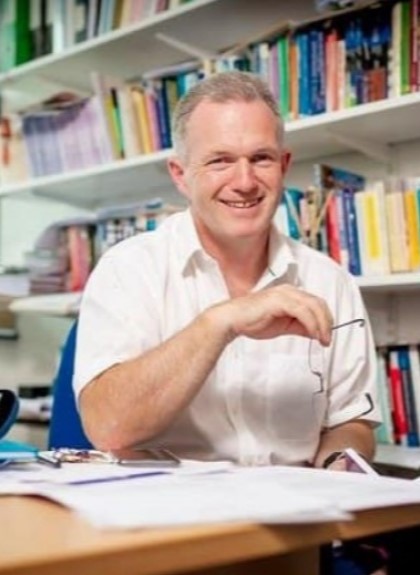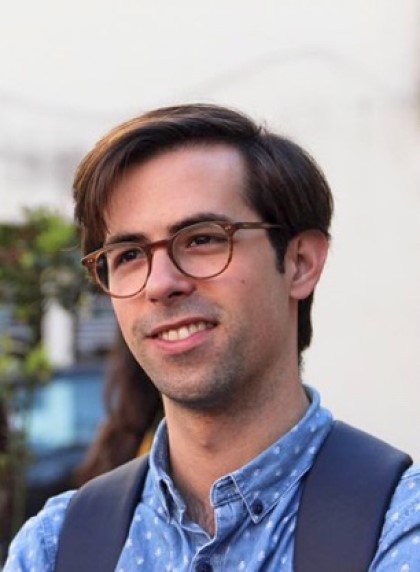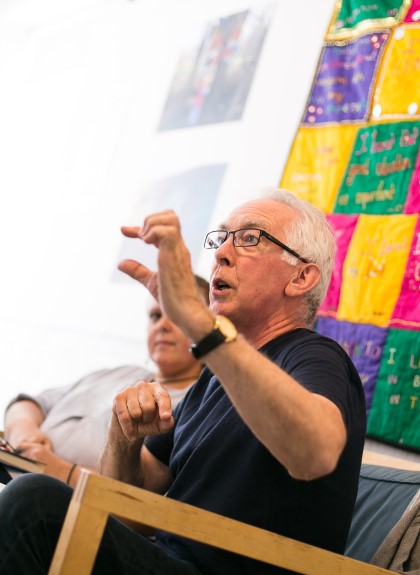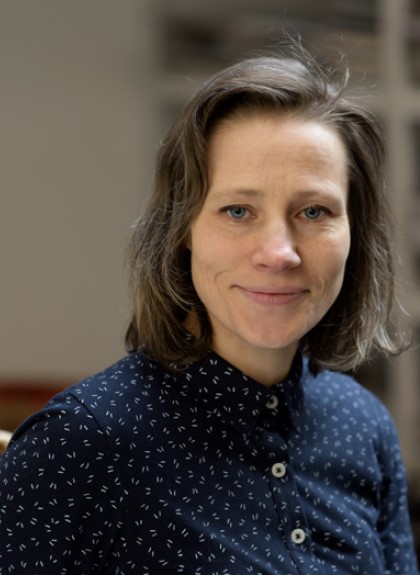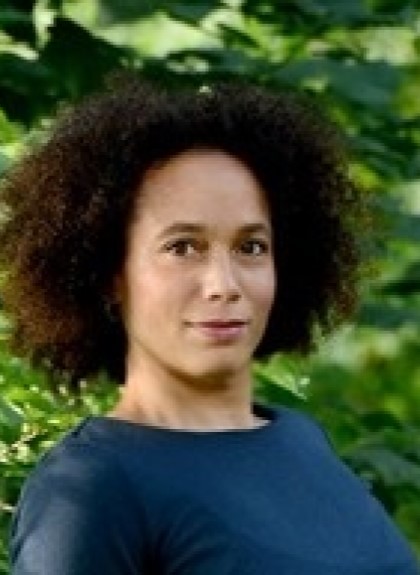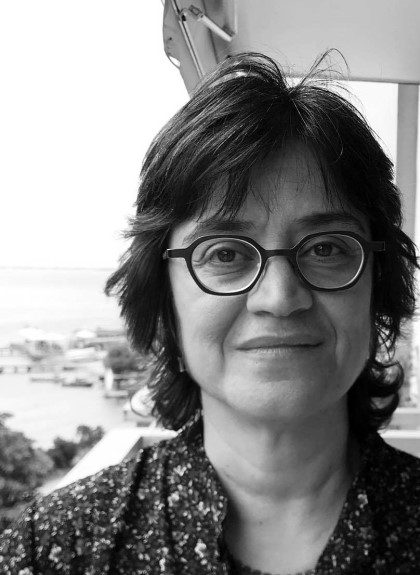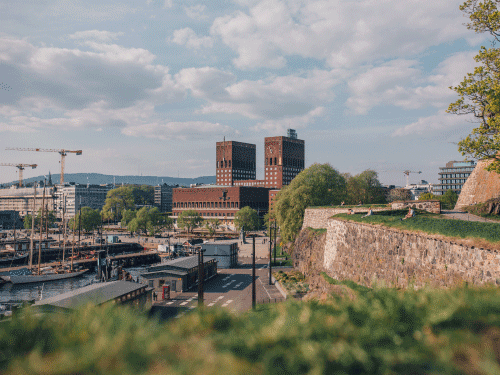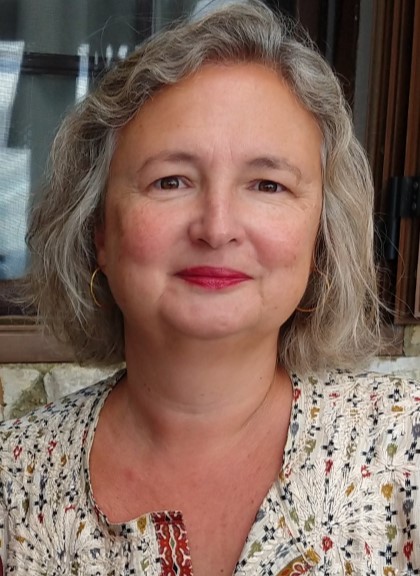2021
12/12/2021
Covid-19 has, at least temporarily, changed the way we use cities. Some of the well-known shifts in our behaviour have been documented in this conversation series. Increases in distant working and the slowing down of public life in general have, on the one hand emphasised the meaning of the home environment and the quality of neighbourhoods, and on the other hand challenged the role of the city centres, office spaces and public transportation. However, the pandemic ha...
29/11/2021
During the last year and a half, I have been sitting on my chair, in front of a tiny table, spending entire days speaking through my pc to colleagues from all over Italy and Europe. Despite the lockdown, and the terrible uncertainty and sorrow of the last months, I never really felt alone: a 5-year-old child at home and full days of online meetings, seminars and conferences left little space for loneliness. ...
15/11/2021
I initially intended to write a blogpost about cooperation within and between cities. Alas, my plan to share insights from the resiliency of cross border cooperation during the pandemic will just have to wait because I have another pressing issue on my mind. As I write, government and industry leaders, scientists and activists are convening in Glasgo...
01/11/2021
In EURA Conversation 17 I asked if teaching had been remembered in the Covid period. The indication was students were remembered but the staff and their teaching had been forgotten. Twelve months on, and it may still be too early, I ask if any lessons have been learned. The clamour from students and politicians, is to get students back into classro...
19/10/2021
A cool ocean breeze, the slow rustle of the coconut tree, and the gentle rhythmic call of a kiskadee. Those are the sounds that usually wake me in the morning. Since the beginning of the pandemic, though, those soothing sounds have been replaced by the loud, jarring sirens of ambulances. In Julia Kozebue’s EURA...
06/10/2021
In May 2020 we started EURA Conversations with the aim of stimulating a critical debate on the future of cities during one of the hardest challenges experienced by urban communities for decades: the lockdown due to the COVID-19 pandemic. Since then, 26 scholars from across the globe have contributed a wide range of personal views on how cities were ...
12/07/2021
As pointed out by the United Nations, the ongoing health crisis has expanded to “a crisis of urban access, urban equity, urban finance, safety, joblessness, public services, infrastructure and transport” with severe effects on wellbeing and quality of life. At the same time, cities have taken centre stage as regards the implementation of measures to tackle the challenges of the COVID-19 pandemic. A study cond...
05/07/2021
In June 2020 the links between the COVID-19 calamity and a renewed campaign to end racism in the modern world came together at a dramatic public protest here in Bristol, of which more in a moment. As early as April 2020 researchers in the USA had already shown that COVID-19 was disproportionately affecting black communities. For example, in Chicago, at that point in time, while African Americans comprised 30% of the population, they accounted for 70% of the COVID-19 ...
21/06/2021
COVID-19 stems from our mistreatment of wildlife, but wildlife could ultimately profit, if the pandemic prompts us to rethink our relationship with nature and plan a green recovery. This is especially true in cities, where urban rewilding is critical to rebuilding healthy, resilient communities. Earlier contributions to the EURA Conversation series have highlighted the importance of improving public spaces in the city—for example, EURA Conversation 6 by Marichela Sepe...
07/06/2021
At the beginning of this year, when many European countries and especially their cities were confronted by the second wave of the COVID-19 pandemic, the Director-General of the World Health Organisation (WHO), praised Keith Christopher Rowley, Prime Minister of The Republic of Trinidad and Tobago for the health protecting measures and leadership his government had introduced to respond to the COVID-19 crisis ...
24/05/2021
Research on public space was already proliferating long before the COVID-19 pandemic started. And so were worries regarding the erosion of its true function as a democratic space accessible to everybody as well as projections of “the end of public space”. Already in the early 1960s, Melvin Webber, of the University of California Berkeley, was forecasting “community without propinquity” and the “nonplace urban realm”, presciently reflecting upon the effects of communic...
10/05/2021
UN-Habitat estimated that 95% of all COVID cases worldwide are located within urban areas. African cities are historically characterized by unequal spatial patterns and a substantial lack of networked basic infrastructure, making most inhabitants unable to meet their basic needs. Adding the COVID-19 pandemic has quite obviously increased some of the fundamental inequalities characterising African cities. Rapid and unplanned urbanization, the prevalence of informal set...
26/04/2021
In Portugal municipalities are responsible for school infrastructures and staff, whereas teachers are provided by the Ministry of Education. In face of the Covid-19 pandemic, a state of emergency was declared on March 18th, 2020. Schools and universities were closed, and online teaching was enforced, as well as a state program for TV-schooling. It went on for the remaining of the school year, except for the last two grades of high school, whose students returned to sc...
12/04/2021
Greenspaces in urban areas are critical for a host of environmental, economic and social reasons. As we saw in the last EURA Conversation, they benefit our mental health, providing space for exercise, rest and relaxation. In the lockdowns that swept the globe in response to the Covid-19 pandemic, neighbourhood green spaces were often the only place it was permissible to visit. During this time, many people, ...
22/03/2021
Urbanisation is seen as a solution to the current environmental crisis, yet at the same time the global trend towards urbanisation is having a detrimental effect on our mental health. Young people are particularly affected by mental health concerns, and the situation has worsened during the Covid-19 pandemic. Access to neighbourhood green space has always been especially important for those who don’t regularly move around the city or travel outside of the city, such ...
08/03/2021
As discussed by some, the reconceptualization of temporariness will be among the many post-pandemic challenges to consider. Following the COVID-19 outbreak, a common response has been to mobilize a variety of temporary arrangements as ad hoc physical solutions. From temporary intensive care hospitals built-up in Wuhan and Milan – the latter highly criticized and currently unused – to painted or pop-up markers...
23/02/2021


